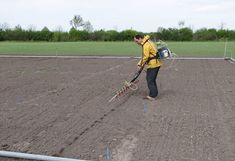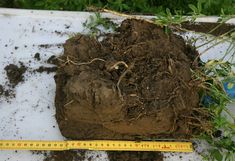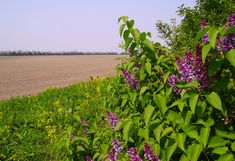Topics
The research group focuses on arable organic farming (OF) systems in the Pannonian region against the background of the Great Challenges of climate change, biodiversity loss and overload of the nitrogen (N)- and phosphorus (P)-circuit and on the actors in OF (farmers, advisors, scientists, agricultural companies, municipalities, decision makers).
The research group has three research fields:
● First, nutrient cycling and soil fertility in arable OF systems, aiming at management options to (i) close nutrient (mainly N, P) cycles at the farm and regional level, mainly in stockless organic arable systems, and (ii) enhance P availability and further soil fertility and soil structure.
● Second, climate fit, diverse, resilient and environmentally friendly organic cropping systems in the Pannonian region, with research on crop rotation design, intercropping, fertilisation and soil cultivation to enhance and economically valuate soil system services via effects on soil organic carbon contents, nitrogen balances, soil structure and erodibility, water-holding capacity and infiltration while optimising water use efficiency.
● Third, biodiversity-enhancing and resource protecting management in OF, introducing landscape elements, e.g. hedges & flowering strips, optimising cover crops, introducing intercropping and multiplying information on biodiversity-sensitive farming methods by establishing advanced farmer clusters.
In all of the three fields, research is conducted mainly on BOKU Experimental Station in Groß-Enzersdorf, in a Long-term Field Experiment (LTFE) on assessing the sustainability of stockless organic arable systems vs. a livestock-keeping control system in Rutzendorf, Marchfeld (MUBIL experiment), and on organic farmers´ fields in Eastern Austria. A wide range of research methods is used, with a focus on field experiments.



